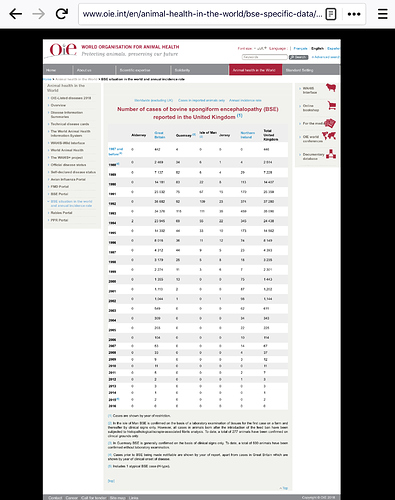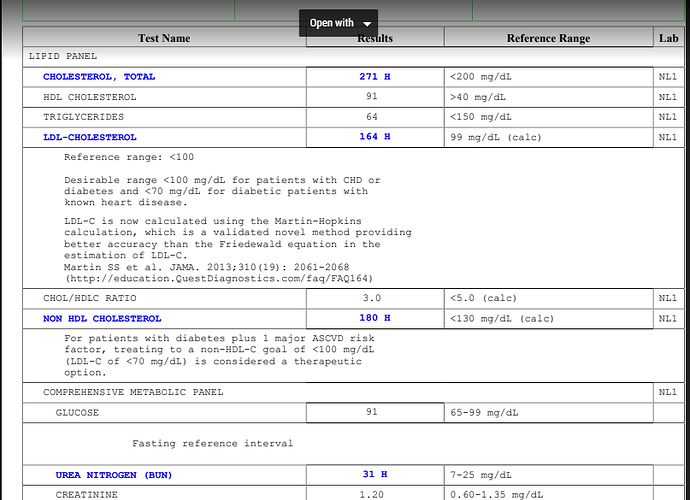What would determine positive and negative variables?
My question in the “real-time experiment” would be very specific to types of meats consumed daily, weekly, monthly from nose-to-tail and would those choices determine different long-term or short-term outcomes?
Surely a true carnivore would not be limited to a modern dietary standard of lean cuts of meats?
Final Thoughts
”…Baker, O’Hearn, and the many other “carnivores” are certainly conducting a very interesting, real-time experiment. I’m excited to see how this new data will manifest and what positives and/or negatives will be revealed. …More
THE VARIABLES:
Are Organ Meats Healthy?
They are particularly rich in B-vitamins, such as vitamin B12 and folate. They are also rich in minerals, including iron, magnesium, selenium and zinc, and important fat-soluble vitamins like vitamins A, D, E and K.
The most common types of organ meat include:
Liver: Liver is the detox organ. It’s also the nutritional powerhouse of organ meats and sometimes referred to as “nature’s multivitamin.”
Tongue: Tongue is actually more of a muscle. It’s a tender and tasty cut of meat due to its high fat content.
Heart: The role of the heart is to pump blood around the body. It may not look edible, but it’s actually lean and tasty.
Kidneys: Like humans, mammals have two kidneys. Their role is to filter waste and toxins out of the blood.
Brain: Brain is considered a delicacy in many cultures, and it’s a rich source of omega-3 fatty acids.
Sweetbreads: Sweetbreads have a deceiving name, as they are neither sweet nor a type of bread. They are made from the thymus gland and pancreas.
Tripe: Tripe is the lining of animal stomach. Most tripe is from cattle and can have a very chewy texture.
Benefits of Adding Organ Meats to Your Diet
Eating organ meats has several benefits:
Excellent source of iron: Meat contains heme iron, which is highly bioavailable, so it’s better absorbed by the body than non-heme iron from plant foods (3, 4).
Keeps you fuller for longer: Many studies have shown that high-protein diets can reduce appetite and increase feelings of fullness. They may also promote weight loss by increasing your metabolic rate (5, 6, 7).
May help retain muscle mass: Organ meats are a source of high-quality protein, which is important for building and retaining muscle mass (8, 9, 10).
Great source of choline: Organ meats are among the world’s best sources of choline, which is an essential nutrient for brain, muscle and liver health that many people don’t get enough of (11, 12).
Cheaper cuts and reduced waste: Organ meats are not a popular cut of meat, so you can often get them at a cheap price. Eating these parts of the animal also reduces food waste.
As stated by the Weston A. Price Foundation:15
“The vital roles of these fat-soluble vitamins and the high levels found in the diets of healthy traditional peoples confirm the importance of pasture-feeding livestock. If domestic animals are not consuming green grass, vitamins A and K will be largely missing from their fat, organ meats, butterfat and egg yolks; if the animals are not raised in the sunlight, vitamin D will be largely missing from these foods.”
The Discovery of 'Fat-Soluble Activators’
One of Dr. Price’s most significant contributions to nutrition science was the concept of fat-soluble activators, which serve as potent catalysts for mineral absorption. Without them, minerals cannot by used by your body, no matter how plentiful they may be in your diet. Dr. Price was quite ahead of his time—modern research has since validated most of his findings.
Dr. Price identified three primary fat-soluble activators: vitamins A and D, and one he called “Activator X,” because he didn’t know exactly what it was, only that it was present in certain fatty parts of animals (especially the organ meats) that fed on young green growing plants or microorganisms, as well as in oily fish and shellfish. This powerful nutrient is now believed to be vitamin K2, a nutrient that is far more important than most people realize.12, 13 …More




